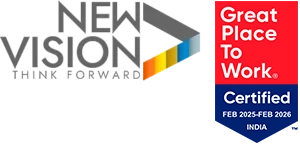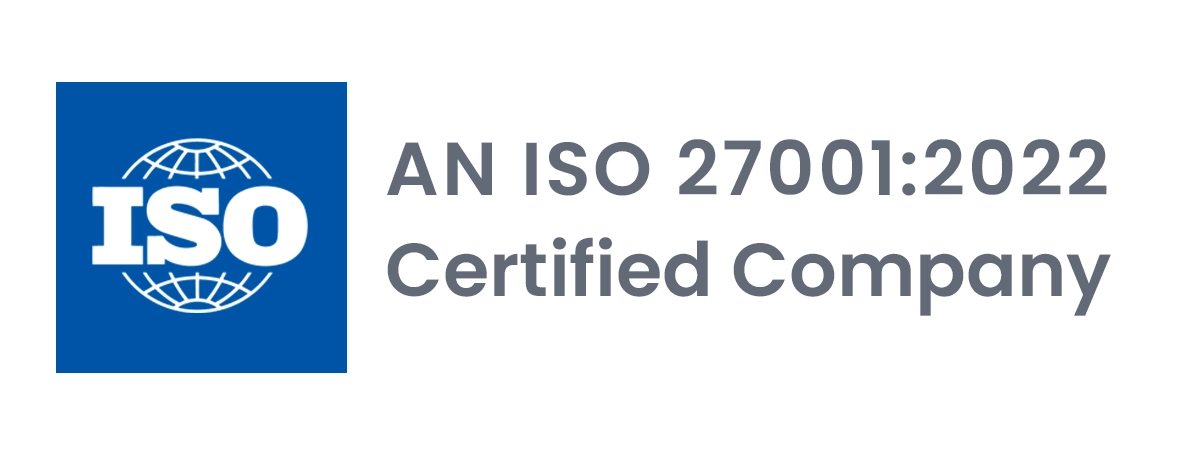
With an increased regulatory mandate to adhere to ESG reporting globally, the challenges of audit and tax firms are increasing. The year 2025 will be an inflection point for many companies in ESG reporting with EU and the state of California requiring mandatory reporting of Scope 3 greenhouse gas emissions.
The shift from voluntary to mandatory declaration is both an opportunity and a challenge for audit and tax firms—it expands the scope of engagement while it also calls for more exhaustive data requirements.
However, even as the opportunity of ESG reporting for audit and tax firms beckons, organizations are plagued with talent management issues—nearly half of the surveyed respondents from the sector cited staff recruitment and retention as the top challenge.
At the same time, frequent regulatory changes such as, Corporate Alternative Minimum Tax in the US, that mandates 15% minimum tax on large corporations presents additional burdens for auditors with regulations spanning hundreds of pages, complex calculations and need for increased data scrutiny.
The changing expectations and rapid skill adaptations that are needed to cater to new compliance requirements, handle infinite data sets, and adapt to new tools and technologies are putting additional strain on the system. Under these circumstances, AI embedding audit automation tools empower auditors with disruptive capabilities to navigate the complexities with confidence.
AI in Audit and Tax
As AI reshapes the landscape and becomes a fixture at the workplace, talent and skill management are undergoing transformation. The industry is aware that AI is not a replacement, instead staff augmentation with AI empowers them to do more with less—junior auditors will better assist experienced auditors allowing them to focus on more value-creation and sector-specific insights.
Natural Language Processing capabilities are reducing the barriers, enabling employees across levels contribute meaningfully—employees across levels can easily use NLP technology to extract information and insights from unstructured data such as emails, contracts, invoices, meeting minutes, etc.
GenAI is playing a transformative role in empowering auditors to expedite the creation of reports by summarization vast datasets and highlighting crucial findings. It is also enabling auditors to augment existing datasets, test various scenarios and validate models with synthetic data without exposing sensitive information. By simulating different scenarios, AI helps to detect anomalies and irregularities in financial data and strengthen risk assessment and decision making.
However, harnessing AI for financial reporting effectively remains a challenge as it requires a significant upgrade in infrastructure; training employees to use AI systems; data privacy and security safeguards; ensuring AI models are consistent and adhere with ethical practices.
NewVision has been helping audit and tax firm to implement AI in multiple ways—from streamlining audit operations with intelligent automation; implementing comprehensive data strategy to ensure high-quality data; ensuring high performance applications and systems with AI-driven QA processes; designing, building and deploying AI-driven digital products.
Purpose-Driven Data Management in Audit and Tax
High-quality data in terms of data extraction, data refinement and making it easily accessible to auditors is the foundation of its professional services. A global tax and audit consulting firm with operations in 150 countries had developed a proprietary data management platform to facilitate its team of auditors around the world to gather, analyze and report data, while safeguarding sensitive data and critical business processes. The firm supports organizations with complex data management, risk advisory, compliance, and audit services to optimize business processes and ensure compliance.
As the platform was being built, they needed a modern QA strategy to align with stringent timelines. This required a rapid testing approach that enabled continuous testing and automation throughout the development lifecycle, so the platform could go live on schedule without compromising quality or compliance.
The platform faced multiple challenges that impacted its ability to deliver value—it required complex data integration from multiple sources with near-real-time processing in a seamless manner. At the same time, it had to ensure financial data consistency and integrity which was a challenge for efficient testing.
However, the organization struggled to achieve high-quality data due to absence of standardized test data generation processes across systems, and effective quality indicators for cleansing, validation and consistency. This was because balancing comprehensive test coverage with rapid iterations was a challenge. This was forcing the omission of several test scenarios, posing a risk to data integrity. Further, data was processed in large batches which delayed testing and slowed the ability to identify defects.
As data volumes grew—up to 100 million records weekly—scalability became a major concern as the existing QA strategy and tools could not handle the increasing complexity. The platform had a multi-year release roadmap with advanced features, and the need was to speed up testing with automation.
Due to these inherent complexities, the execution was fragmented and the test environment was not reliable which led to frequent test failures and effort wastage by the testing team.
Intelligent Automation in Auditing – A Strategic Approach to QA Transformation
NewVision brought in a strategic approach to transforming the QA systems and designed and a comprehensive framework aligned with the needs of the organization. The aim was to standardize testing practices and ensure a consistent and intelligent automation in auditing across all stages by integrating testing at various levels—UI, API, and data—to ensure comprehensive coverage of functional and non-functional requirements.
The team of experts implemented a quality gate-driven strategy that validated checkpoints at critical stages—data acquisition, transformation, and reporting—to ensure data integrity and minimize risk throughout the testing lifecycle. The team then implemented a unified tool automation framework covering UI and data validation to ensure efficiency across diverse testing requirements.
The team of experts implemented best-in-class regression automation suite using Tricent’s Tosca to automate the entire lifecycle of software development and seamless integration with Azure DevOps.
We further strengthened the framework by integrating it with a custom tool to generate test data that accurately simulated real-world scenarios and improved test accuracy and consistency. It also helped reduce dependency on data from the source systems. The team embedded efficiency by designing a comprehensive regression test suite that prioritized business-critical workflows and ensured that tests reflected real audit operations in global markets.
Finally, our experts introduced build verification tests and leveraged continuous monitoring for early detection and resolution of issues related to the test environment. NewVision’s transformation initiatives increased automation coverage by 64% and reduced execution time from six weeks to two weeks.
The outcome was that the customer achieved dramatic efficiency gains wherein data preparation time was cut down to just four hours for one million records. This along with early defect detection capabilities kicked in cost efficiencies in QA processes to the tune of 40%.


